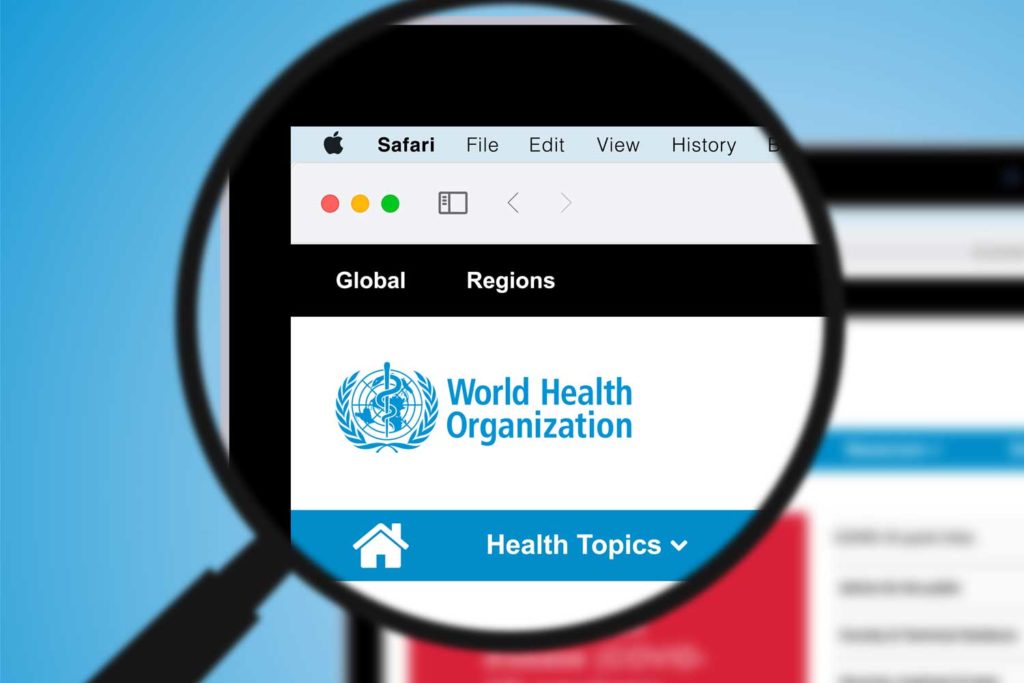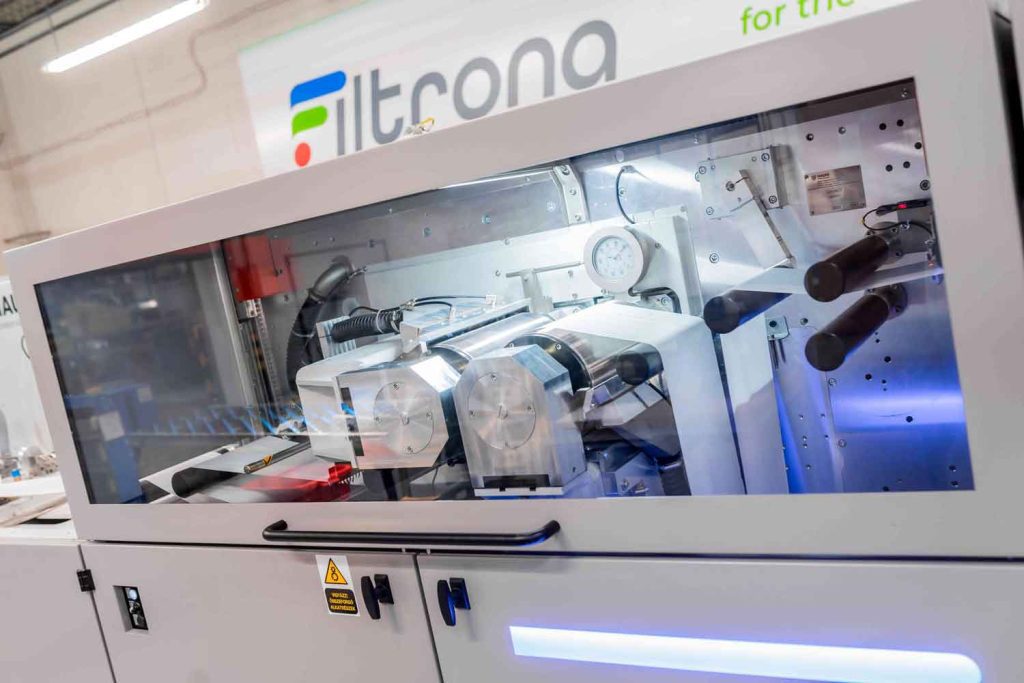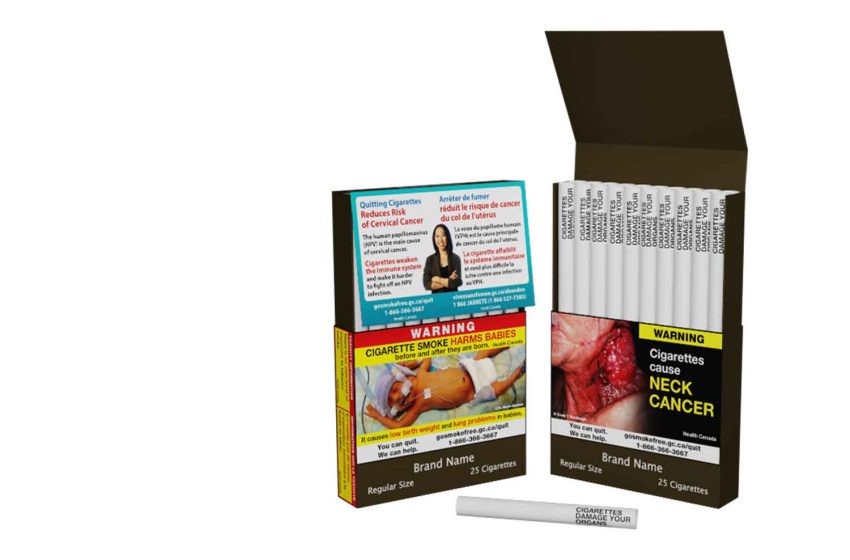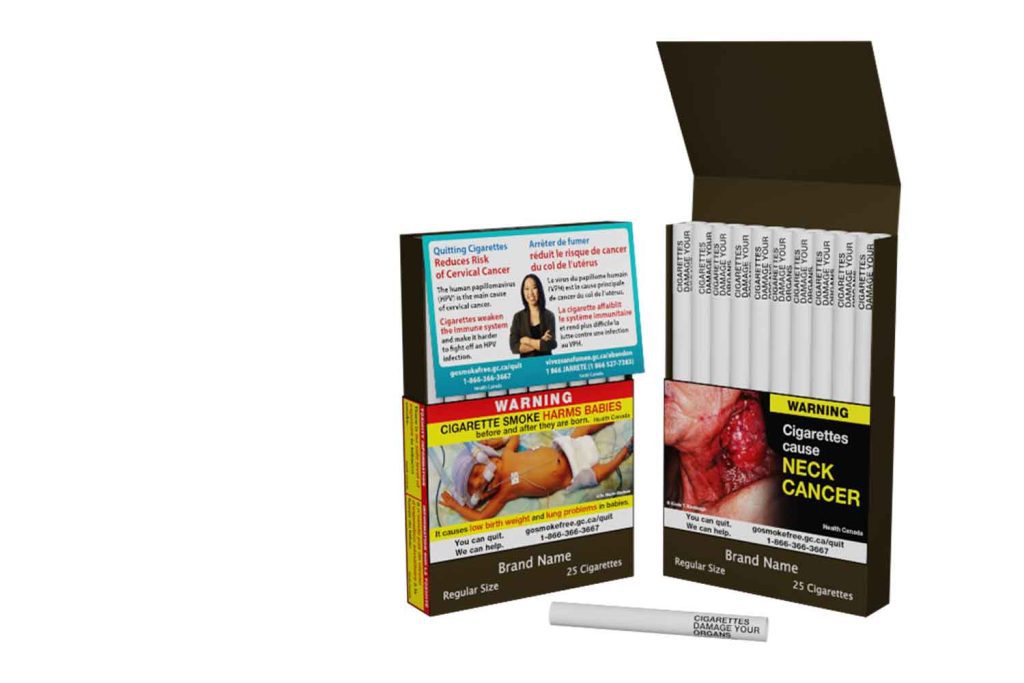
Two Reynolds American Inc. manufacturing U.S. facilities have achieved Alliance for Water Stewardship (AWS) Certification. The American Snuff Co. facility in Clarksville, Tennessee, and R.J. Reynolds Tobacco Co.’s Whitaker Park site in Winston-Salem, North Carolina, both recently earned the designation. Reynolds Operations Center (ROC) in Tobaccoville, North Carolina, received AWS certification in 2022.
The AWS Standard is a globally applicable framework for improving water sustainability performance. It enables factories, facilities, and other water-using sites to better understand their water use and impact and to work collaboratively and transparently for sustainable watershed management. Receiving this certification showcases that the Clarksville and Whitaker Park sites have implemented AWS’ best practices in five important areas: good water governance, sustainable water balance, good water quality status, protection of important water-related areas, and safe water, sanitation, and hygiene for all.
“Attaining AWS Certification at two more Reynolds sites underscores our commitment to protecting natural resources that we rely on to run our business,” said Bernd Meyer, executive vice president of operations at Reynolds, in a statement. “I’m proud of our teams’ commitment to running efficient operations and being good water stewards in the communities where we work and live.”
Reynolds’ efforts to use water efficiently across its facilities will progress even further with the addition of the recently announced WaterHub planned for the ROC in Tobaccoville, North Carolina. The advanced water reclamation plant, a product of a NextEra Energy Resource subsidiary, is projected to reclaim more than 60 million gallons of water annually.



















